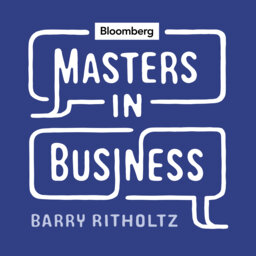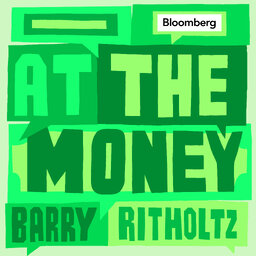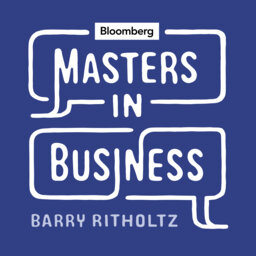Jon Stein Discusses Fintech and Robo-Advisers
Bloomberg Opinion columnist Barry Ritholtz interviews Jon Stein, founder and chief executive officer of Betterment, the U.S.'s largest independent online financial adviser. Prior to founding the firm, which has over $16 billion in assets under management, Stein spent years as a Wall Street consultant. He studied economics at Harvard University and finance at Columbia Business School, and is a CFA charterholder.
In 1 playlist(s)
Masters in Business
Barry Ritholtz speaks with the people that shape markets, investing and business.Social links
Follow podcast
Recent clips

How AI Could Freeze Progress with Hilary Allen
1:11:26

At The Money: The Mega Backdoor Roth
16:21

Why a Joint Account Can Be a Sign of Healthy Marriage
1:01:20
 Masters in Business
Masters in Business